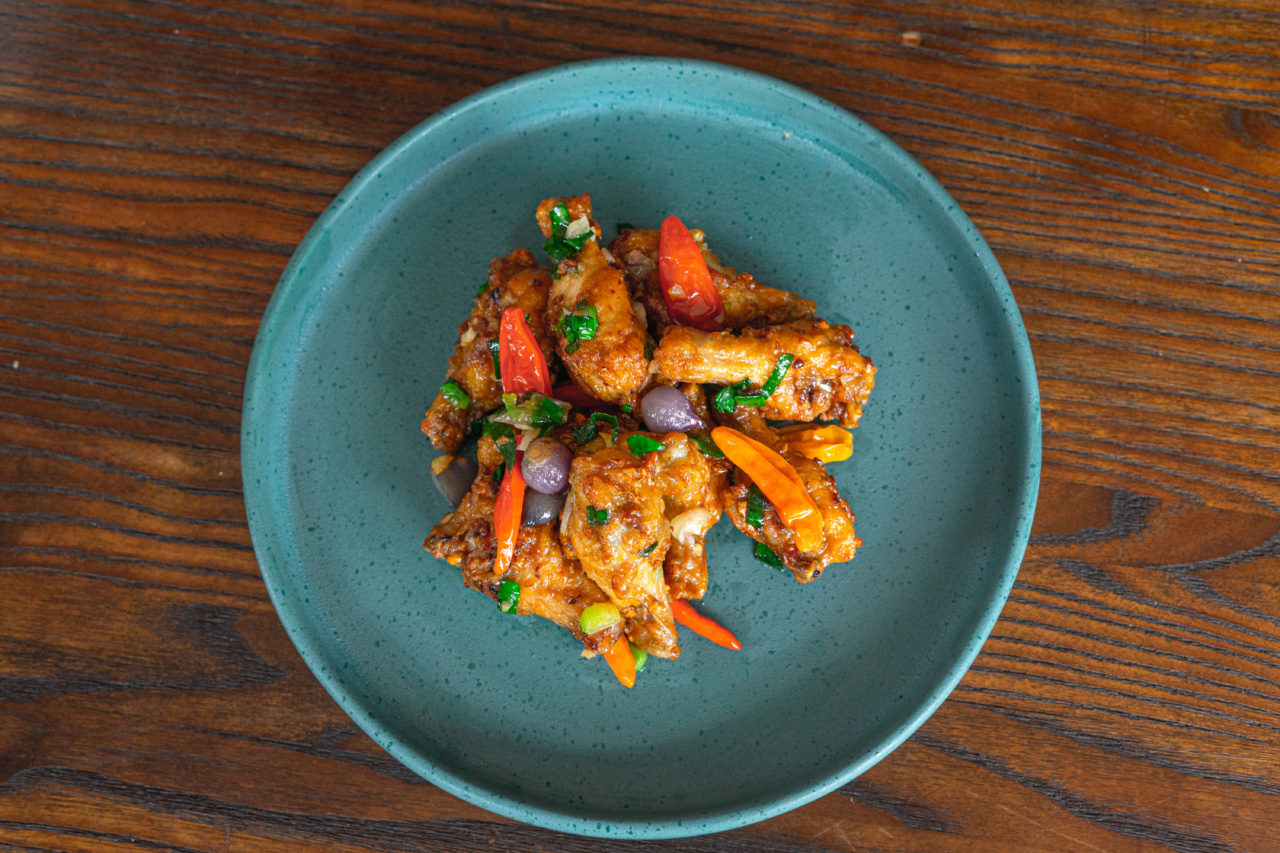In recent years, there has been growing concern over the potential link between meat intake and the risk of developing cancer. Numerous studies have explored this relationship, aiming to provide clarity on the subject.
While the topic remains controversial, there are certain findings that suggest a correlation between meat consumption and an increased cancer risk.
The types of meat and their impact on cancer risk
When examining the potential correlation between meat intake and cancer risk, it is essential to consider the various types of meat.
Processed meats, which include bacon, sausages, and deli meats, have consistently shown stronger associations with cancer compared to unprocessed red meat.
Processed meats and cancer
The World Health Organization (WHO) has classified processed meats as Group 1 carcinogens, which means they are known to cause cancer in humans.
Processed meats contain various chemicals, such as nitrates and nitrites, which can react with components in the digestive system to form carcinogens. These substances have been linked to an increased risk of colorectal cancer. The WHO estimates that every 50-gram portion of processed meat consumed daily increases the risk of colorectal cancer by approximately 18%.
Red meat and cancer
While the link between red meat consumption and cancer risk is not as strong as with processed meats, several studies suggest an association. Red meat is rich in iron and heme, which may promote the formation of cancer-causing compounds in the body.
Additionally, cooking red meat at high temperatures can lead to the production of heterocyclic amines (HCAs) and polycyclic aromatic hydrocarbons (PAHs), both of which are potential carcinogens.
The impact of cooking methods
It is not only the type of meat consumed but also the way it is cooked that may influence cancer risk. High-temperature cooking methods like grilling, barbecuing, or frying can produce harmful compounds, such as HCAs and PAHs, in the meat.
These compounds have been associated with an increased risk of colorectal, pancreatic, and prostate cancers. In contrast, cooking methods like boiling, stewing, or steaming produce fewer of these cancer-causing agents.
Other contributing factors
While meat intake may play a role in cancer development, it is crucial to acknowledge that various other factors can contribute to cancer risk.
These include lifestyle choices, such as smoking, alcohol consumption, physical activity levels, and overall diet quality. Furthermore, individual genetic predisposition may also impact the relationship between meat consumption and cancer.
The importance of a balanced diet
While the potential link between meat intake and cancer risk exists, eliminating meat from the diet entirely is not the only solution. Nutrition experts emphasize the importance of a balanced diet that includes a variety of foods.
Reducing processed meat consumption and opting for lean cuts of unprocessed meat, along with incorporating ample fruits, vegetables, whole grains, and legumes, is recommended to minimize cancer risk.
The role of moderation
Moderation is key when it comes to consuming meat. The occasional consumption of red meat is unlikely to have a significant impact on cancer risk. However, regular overconsumption of processed and red meats should be avoided.
Individuals with a high meat intake are encouraged to explore alternative protein sources, such as fish, poultry, or plant-based proteins like tofu and legumes.
The need for further research
Although numerous studies have explored the relationship between meat intake and cancer risk, the topic remains complex, and more research is required.
It is essential to delve deeper into the mechanisms by which meat consumption may contribute to cancer development. Additionally, long-term studies assessing the impact of meat reduction or elimination on cancer risk and overall health outcomes are warranted.
Conclusion
While controversies remain, evidence suggests a correlation between meat intake and an increased risk of developing cancer, particularly with processed meats.
Reducing the consumption of processed and red meats, choosing appropriate cooking methods, and embracing a well-balanced diet rich in fruits, vegetables, and whole grains may help mitigate this risk. However, further research is necessary to fully understand the complexities of this relationship.































